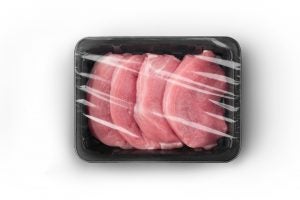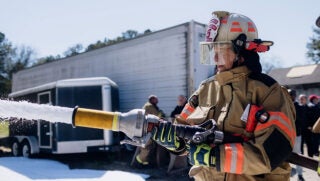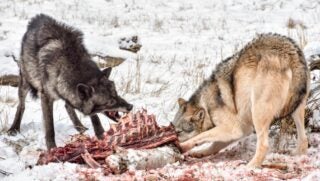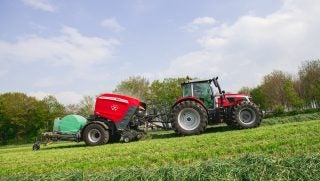In the wake of the Supreme Court of the United States’ affirmation of California’s Proposition 12, producers, distributors, and retail vendors were left with countless unanswered questions. In an effort to address unanswered questions, the California Department of Food and Agriculture Animal Care Program has provided guidance on regulations and requirements for the pork industry related to Proposition 12.
Both the CDFA and the California Department of Public Health are responsible for developing rules and regulations related to the implementation of Proposition 12. With SCOTUS’ affirmation of California’s legislation, the sale of pork, veal, and eggs sold in California must be raised according to the state’s new production standards — no matter what state they’re raised in.
The requirement for breeding pigs and egg-laying hens’ confinement went into effect on January 1, 2022. However, producers and distributors will be required to have a valid Certificate of Compliance by January 1, 2024.
What happens to noncompliant pork meat on inventory?
It’s going to take time to clear non-compliant pork products from freezers and retail stores. To address this, CDFA says there will be a transition period. Currently, available documents do not specify just how long this timeline may be.
For now, efforts will focus on outreach to ensure distributors get registered and that third-party certifying agents are registered before January 1, 2024, to help with distributor verification.

How do distributors and retailers become compliant?
Distributors must complete a distributor registration application before January 1, 2023 that will need to be renewed every 12 months. Before January 1, 2024, distributors must also submit a valid third-party certification along with their application. Every facility location distributing or selling covered products to California’s end-users will be required to register.
Retailers, however, are covered under a “good-faith” reliance rule if they’ve received a written certification of compliance from distributors.
“HSC section 25993.1 states that it shall be a defense to any action to enforce subdivision (b) of Section 25990 that a business owner or operator relied in good faith upon a written certification by the supplier that the whole veal meat, whole pork meat, shell eggs, and liquid eggs at issue was not derived from a covered animal who was confined in a cruel manner, or from the immediate offspring of a breeding pig who was confined in a cruel manner,” reads the CDFA document.
The National Pork Producers Council says they will continue working with the CDFA to ensure that producers and other stakeholders have clear guidance for compliance with Proposition 12.
NPPC has previously argued that such state overreach will increase pork prices for consumers and drive small farms out of business, leading to further pork industry consolidation and going against farmer’s right to farm.
The NPCC estimated that the cost to farmers to implement Prop 12 measures — such as guaranteeing breeding pigs at least 24 square feet of living space — will cost $3,500 per sow.
Most of the cost likely would get passed onto consumers.
Upcoming CDFA communications regarding the supply chain
CDFA will be hosting webinars to provide more guidance, you can find a link to the registration here.
- Tuesday, June 13: Webinar for distributors selling or distributing covered products to an end user in California
- Tuesday, June 27: Webinar for pork producers keeping or housing breeding pigs


